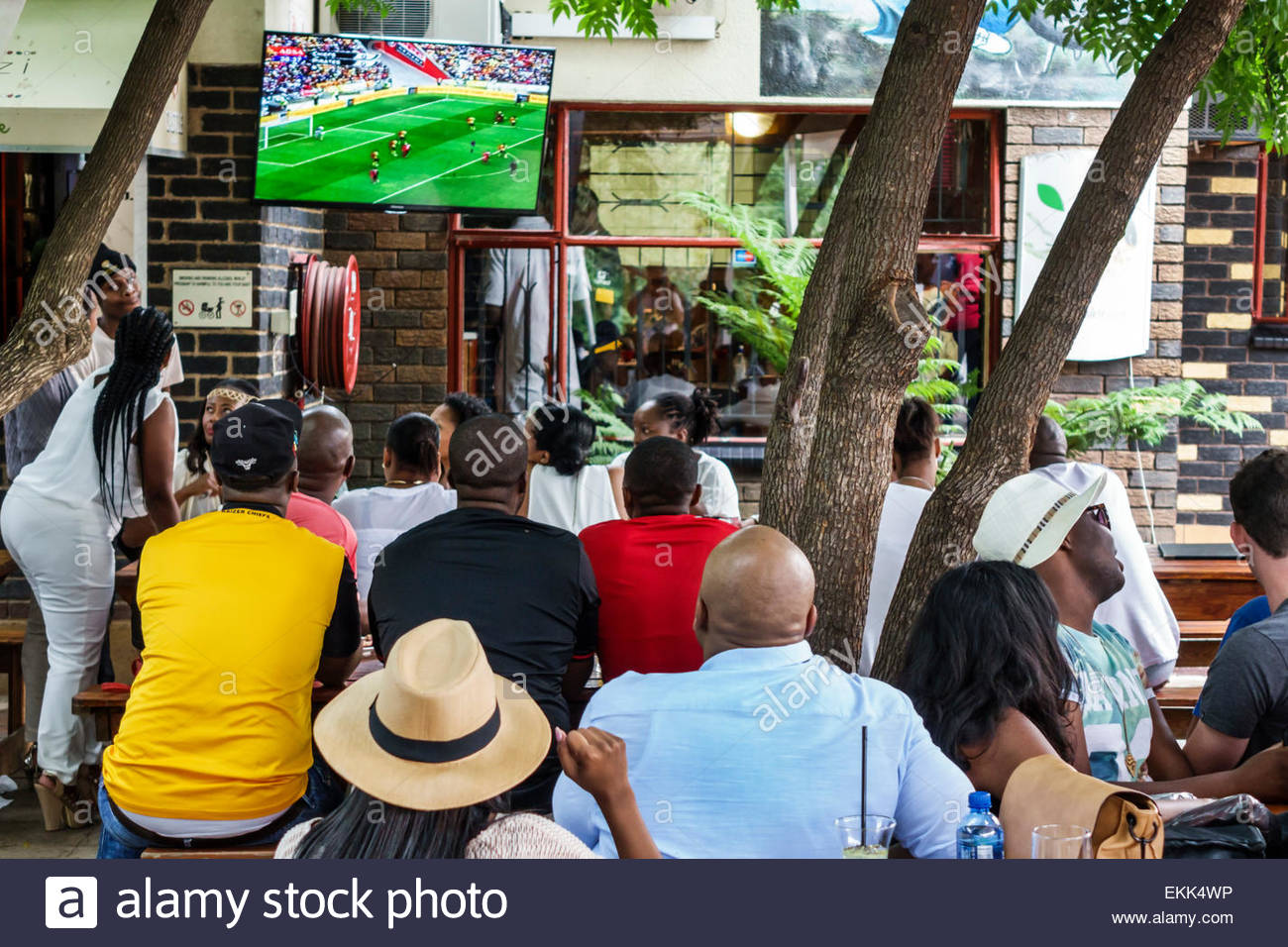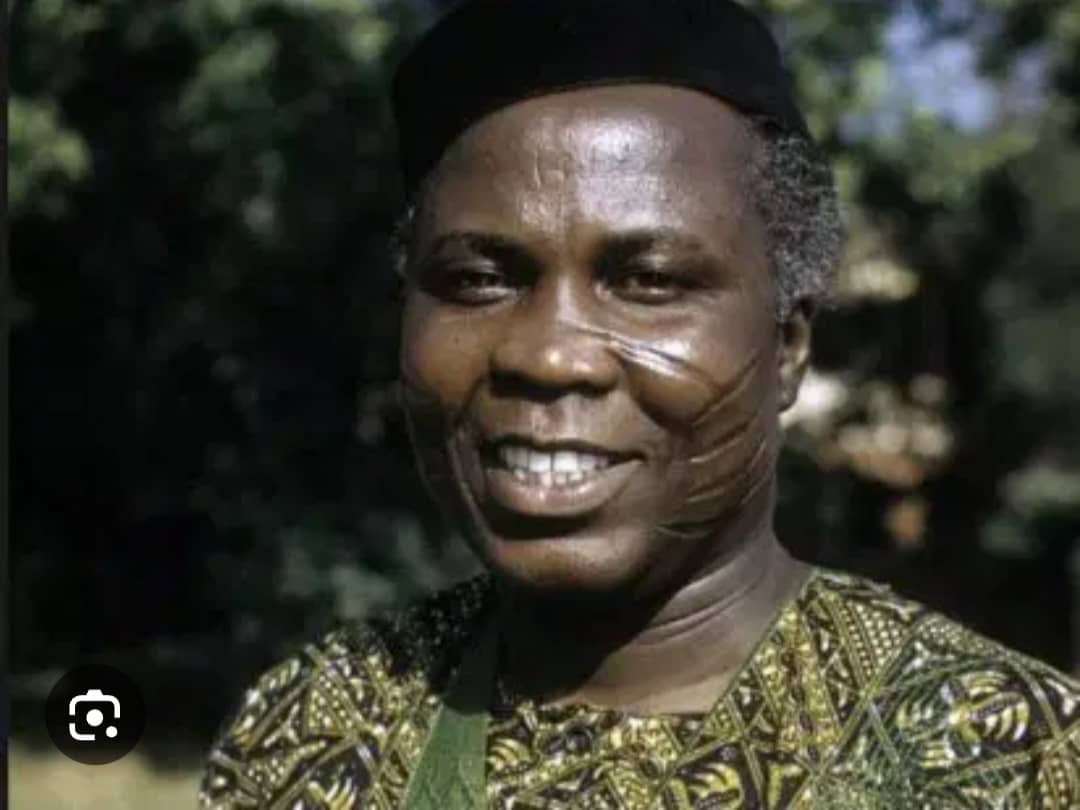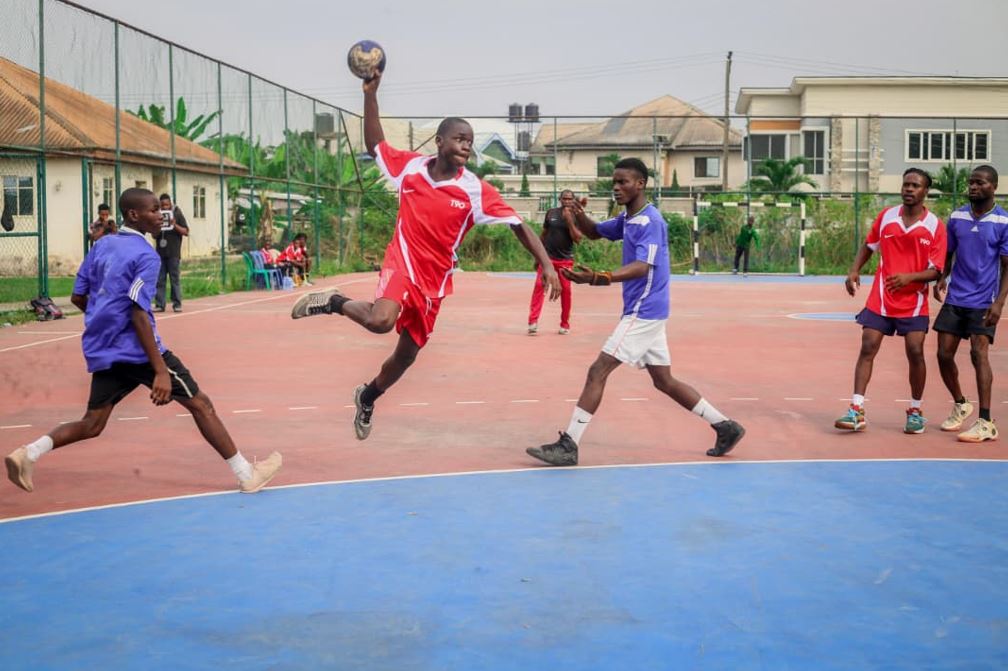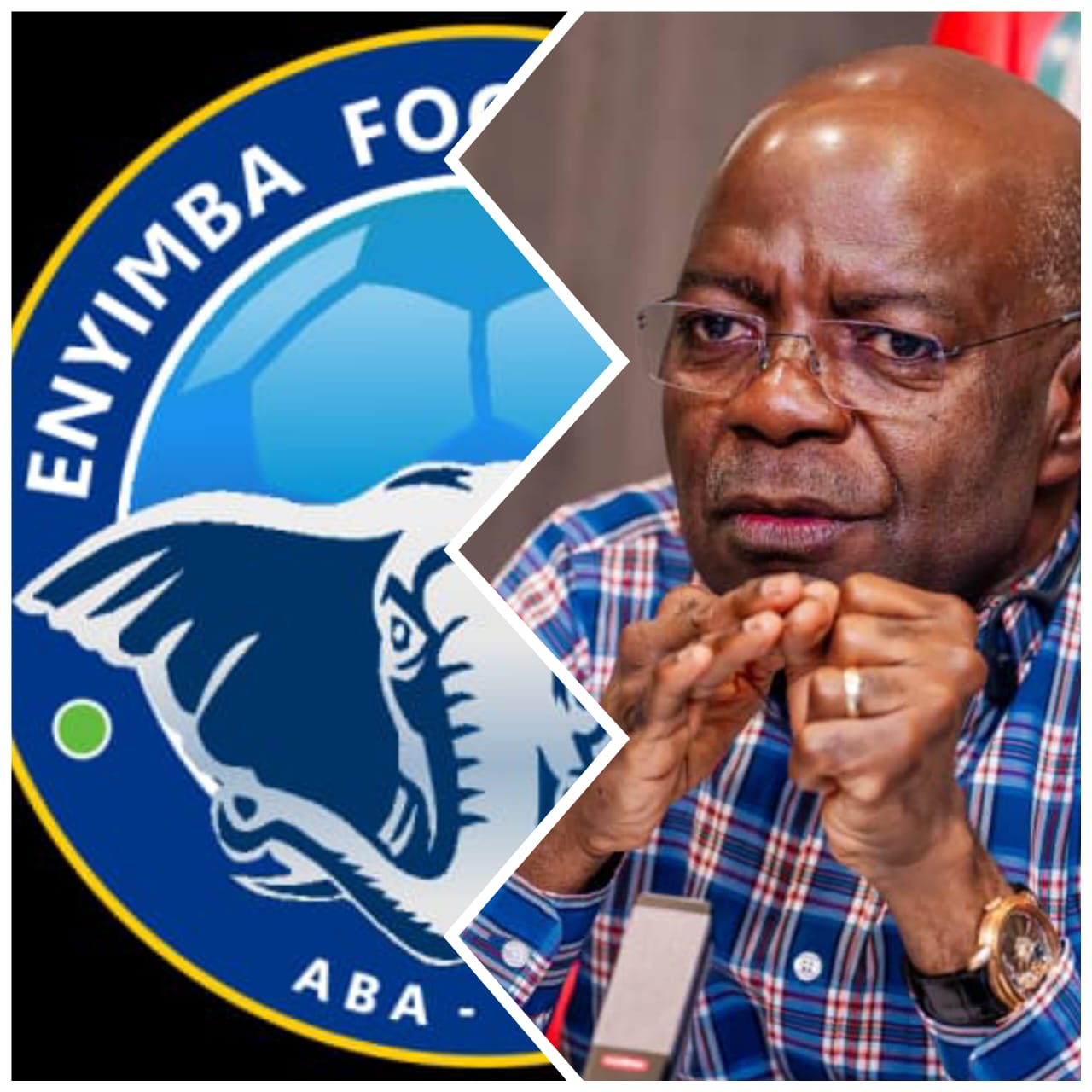Africa: Sports As A Business And A Brand
BY VICTOR OLADOKUN
 Fans are choosing not to watch live football events, and instead are opting in increasing numbers for the ‘intimacy’ of their crystal clear digital flat TV screens, or not all. Dr. Victor Oladokun writes At the ongoing Africa Cup of Nations in Egypt, the visual imagery of almost empty stadiums is a powerful narrative. But not the kind that African sports, African football, or corporate sponsors deserve. What’s responsible for the increasing slide in fan attendance? 1. Poor facilities 2. High ticket costs 3. A lack of reliable transportation to and from venues. As well as sufficient and secure parking. 4. Increasingly crude behavior and violence at event locations. 5. Technology. Mobile phones and Apps that carry events live as well as a plethora of entertainment alternatives. In other words, once big events are no longer the main gigs in town. So, what can be done to reverse the trend? Here are 5 quick suggestions. 1. It can no longer be business as usual. Africa must run sports as a professional business. This includes the right infrastructure, training facilities, attractive pay scales for professional athletes who now consider anything less than a European league appearance, a professional failure. Regrettably, as with Africa’s overall propensity to simply export raw materials instead of adding value to what we produce, we are doing the same with football and many other sports. Africa has a tremendous abundance of potential talent that for the most part (with the exception of South Africa, Kenya and Ethiopia) we add little or no value to. Instead, millions of genetically blessed athletes are simply waiting or begging to be ‘found’ on the cheap by European and American sports teams. Why? Simply because we fail to see diamonds in the rough and because we are unable to add value to the potential of what for now seems to be rough stones. 2. Modern and professionally maintained facilities: In sizzling hot Africa, we must invest in covered stadia. When I can sit in front of my big screen TV in my air conditioned living room, why would I want to subject myself to temperatures that I swear have gone up a number of notches in recent years? 3. Sport is a spectacle. This includes everything including pre-event and half time entertainment to keep fans with short attention spans upbeat and engaged. 4. Give back to the fans: Essentially, engagement in the 21st century must change. Its time to give something back to fans rather than fleecing them at every opportunity with sub-standard services and products. It would seem to me that sports teams could offer something as simple as raffle draws that reward fans with extra game tickets, signed player jerseys, visits with select players, or products from local sponsors. Professional marketing firms can come up with an endless list. 5. Make sports big and make it a win-win proposition. Real Madrid F.C. and Barcelona F.C. for example, are not owned by a few rich individuals. Instead, they are owned and supported by thousands of shareholders known as ‘socios.’ Across Africa, it’s time to change the numbers game – in ownership, money, and attendance – by giving fans a seat at the table. These are just a few quick ideas. However, the running of sports in general and football in particular as a business and a brand proposition, will require honest analysis, political and financial will, and a collective approach. It must be if Africa is to unlock potential and turn millions into billions. |
Oladokun is the Director of Communication and External Relations at the African Development Bank (www.AfDB.org)
















